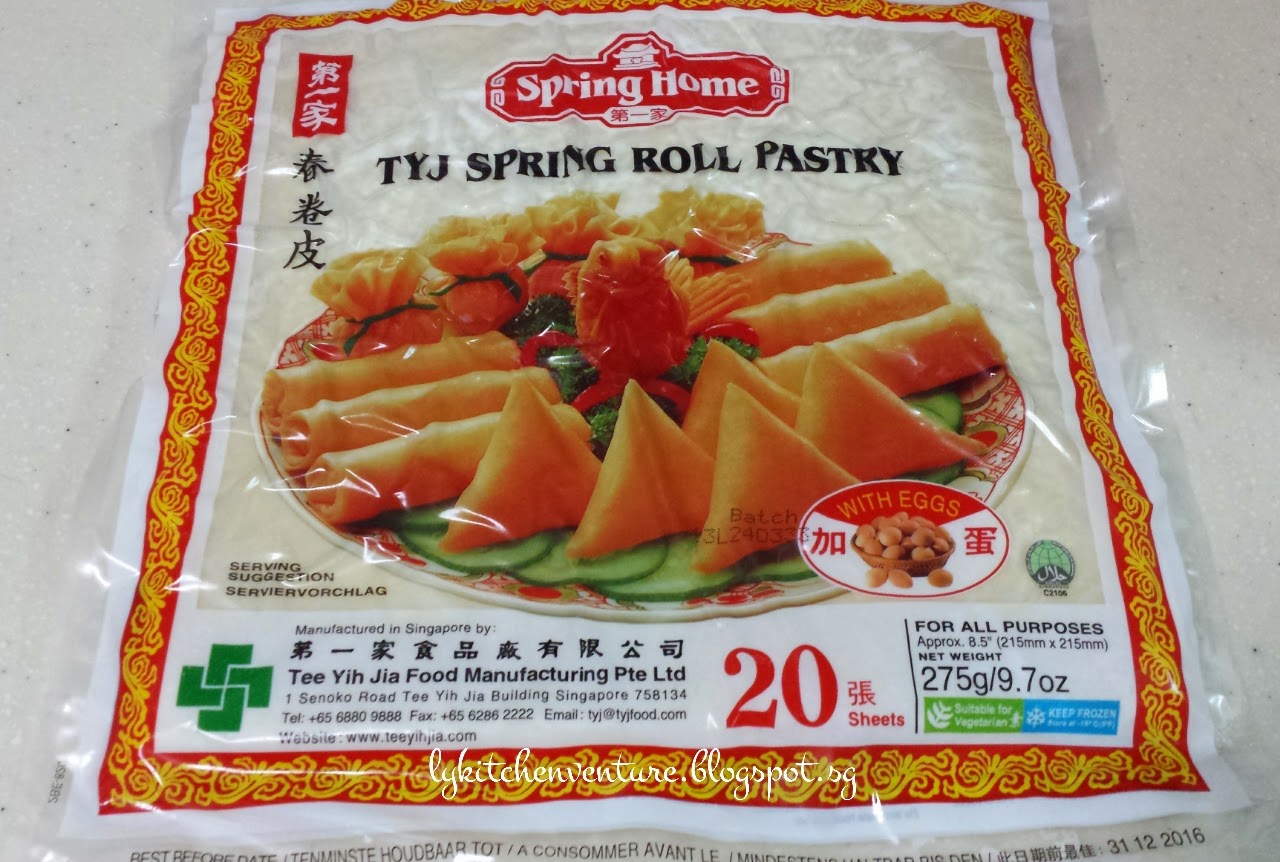- Joined
- Jun 27, 2018
- Messages
- 31,537
- Points
- 113
The fuckiens served in the Nip army during the war. And some were charged with war crimes. Talk about collaborators n translators...better than dead fart n prata man. Fuckeins Bagus..Considering how shameless hokkeins are.. They will wear it with pride even if it's grasping at straws
Open main menu
Wikipedia Search
Taiwanese Imperial Japan Serviceman
EditWatch this page
Read in another language
Taiwanese servicemen in the Imperial Japanese Army.
Taiwanese student draftees at a farewell party.
A Taiwanese Imperial Japan Serviceman (Chinese: 台籍日本兵; Japanese: 台湾人日本兵) is any Taiwanese person who served in the Imperial Japanese Army or Navy during World War II whether as a soldier, a sailor, or in another non-combat capacity. According to statistics provided by Japan's Ministry of Health, Labour and Welfare, during the Second Sino-Japanese War and the subsequent World War II, a total of 207,183 Taiwanese served in the military of Imperial Japan and 30,304 of them were declared killed or missing in action.
History
Edit
In the fall of 1937, the Empire of Japan began recruiting Taiwanese into its military; prior to that, Taiwanese were banned from serving in the military of Imperial Japan. As the war continued, there was an increasing need of translators for conducting military operations in China, and many Taiwanese volunteers were given training courses in Min, Cantonese and Mandarin languages, and served as translators for the Imperial Japanese Army operating in China. The number of Taiwanese serving in this capacity was classified, and remains unknown.[1]
In 1942, after the United States entered the war on the Allied side, Japan lifted its ban on Taiwanese serving in a combat capacity, and began the Army Special Volunteers Act (Japanese: 陸軍特別志願兵令) in Taiwan. This act allowed the residents of Japan's overseas territories and colonies to serve in its army, and was first enacted in Korea in 1938. The first few recruitment drives were limited in scale, with only a few hundred openings available to a relatively large number of applicants. The scale gradually expanded in order to replenish the losses of manpower on the battlefield. A similar program, the Navy Special Volunteers Program (海軍特別志願兵制度), was established in 1943 in both Taiwan and Korea to allow non-Japanese to serve in the Navy.
With Japan's manpower depleting, the Japanese government terminated the army and navy special volunteers programs in 1944 and 1945 respectively, replacing them with systematic conscription.[2] Before Japan's surrender, there were 126,750 non-combatants and 80,453 soldiers and sailors serving in Japan's military, with roughly 16,000 of them having been recruited through volunteer programs. A total of 30,304 servicemen, or 15 percent of those recruited and conscripted, were killed or presumed killed in action. Additionally, 173 Taiwanese who served in the Imperial Japanese military were found guilty of Class B and C war crimes. 26 Taiwanese servicemen were sentenced to death, although only two sentences were carried out.
Veterans
Edit
Lee Teng-hui, right, with his brother, Lee Teng-chin, who is seen here in navy officer uniform.
When asked the reason for serving, many veterans stated that they joined for better treatment for them and for their families. According to interviewed veterans, those who served were given extra food and other rationed articles for their families, and were less likely to be discriminated against by the Japanese government.[3] Another reason, as stated by some veterans, was that they were treated more equally with the Japanese in the military because they "were all soldiers for the Emperor." After Japan's defeat and handover of Taiwan, many veterans who survived the war were persecuted by the Kuomintang (Nationalist) government because the Nationalists saw them as Hanjian (race traitors) for serving in the Japanese military.[4] Some veterans later joined the February 28 uprising against the Nationalist government that resulted in further oppression during the White Terror.
Former President Lee Teng-hui of the Republic of China briefly served as a second lieutenant in the Imperial Japanese Army in the final months of World War II. His brother, Lee Teng-chin, was killed in action in the Philippines while serving in the Imperial Japanese Navy and his remains were never recovered. Lee Teng-chin and at least 26,000 Taiwanese Imperial Japan servicemen and hundreds of Takasago Volunteers, who were killed or presumed killed in action, were enshrined in the Yasukuni Shrine in Tokyo, Japan.
References
Last edited 8 months ago by InternetArchiveBot
RELATED ARTICLES
Taiwan under Japanese rule
Period of Taiwanese history
Japanization
the process in which Japanese culture dominates, assimilates, or influences other cultures
Seediq people
ethnic group
Wikipedia
Content is available under CC BY-SA 3.0 unless otherwise noted.
Terms of UsePrivacyDesktop





